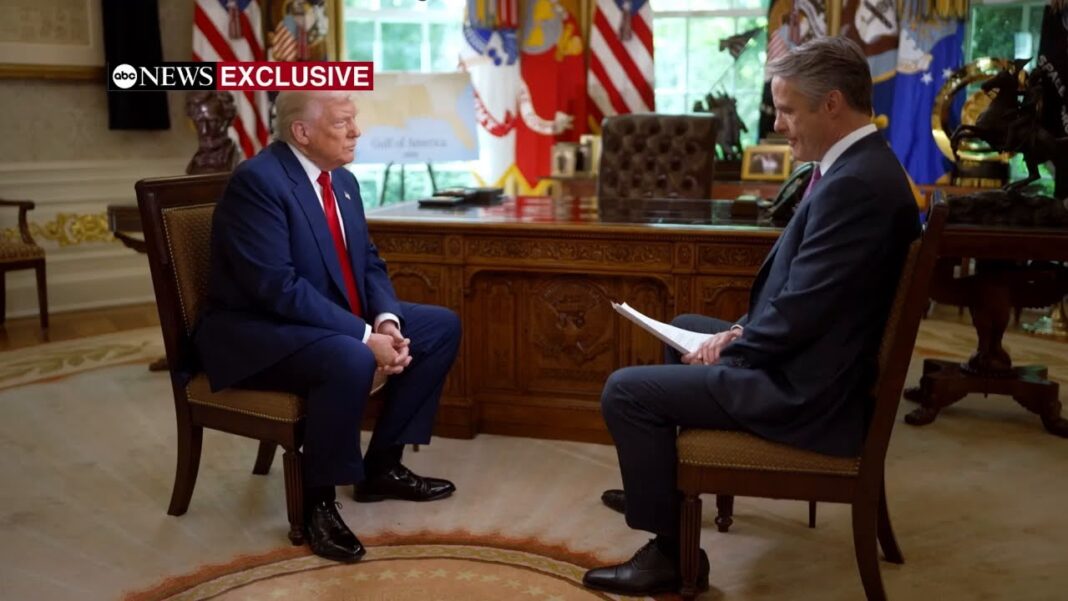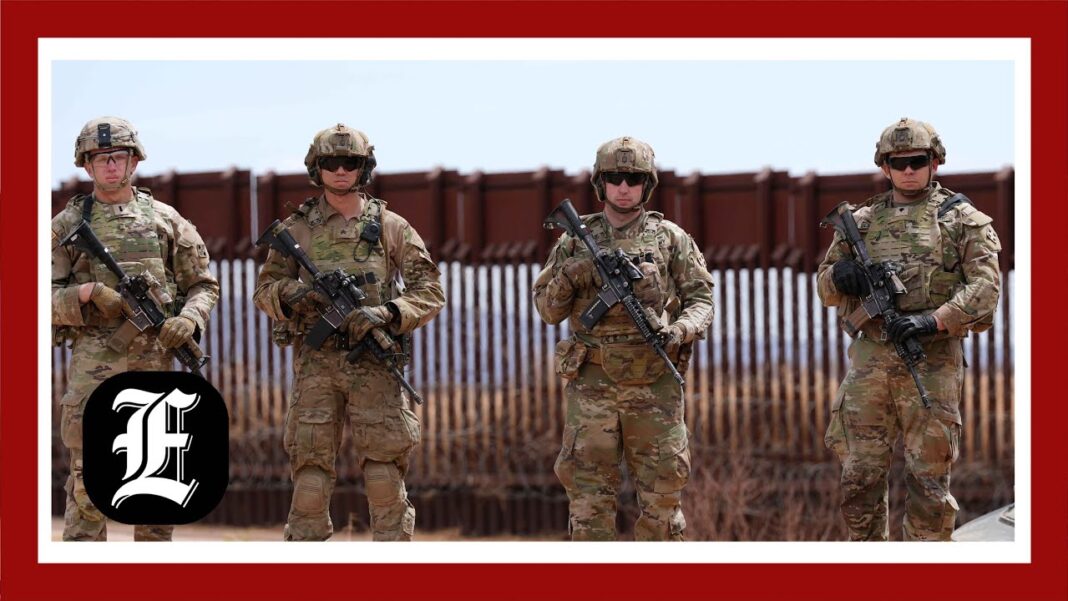Jim Farley, the chief executive, did not say whether the company will increase prices after the employee pricing offer ends.
Ford CEO Jim Farley on Wednesday said that a new company policy to extend “employee pricing” to all Ford customers will continue amid uncertainty over auto tariffs.
Speaking with CNN on Wednesday morning, the U.S. auto giant’s chief executive said that the employee pricing for car buyers will last until July 4 to encourage sales to potentially nervous consumers due to new tariffs on auto imports.
Farley said that he’s not sure whether prices on Ford cars and trucks will increase after the employee pricing offer ends. The company will have to ascertain what other car companies will do with their pricing first.
“We want to keep our prices competitive and low,” he told the outlet. “We think this is an opportunity for Ford. We have a different footprint, a different exposure for tariffs.”
Earlier this month, Ford announced that the pricing measures would mitigate “uncertain times for many Americans” and would give all U.S. consumers “access to significant savings on a wide range of 2024 and 2025 gas, hybrid, plug-in hybrid, and diesel Ford and Lincoln vehicles.”
President Donald Trump signed executive orders this week to relax some tariffs on auto imports, although additional 25 percent tariffs on auto parts scheduled to start on May 3 will still go into effect. However, vehicles that go through their final assembly in the United States will be able to qualify to receive credits on those duties for two years.
“The proclamation modifies the tariff action on automobiles and automobile parts by encouraging manufacturers to assemble their automobiles in the U.S., thereby reducing American reliance on foreign imports of automobiles and automobile parts,” said a White House fact sheet.
The order allows for car companies to offset “a portion of tariffs for automobile parts used in U.S.-assembled vehicles equal” to 3.75 percent of the vehicle’s MSRP, or manufacturer’s suggested retail price, for the next year, and 2.5 percent of U.S. production for the following year, the White House said.
“For instance, if a manufacturer builds a car in the U.S. that has 85% U.S. or USMCA [United States-Mexico-Canada Agreement] content, the manufacturer effectively will not owe tariffs on that vehicle’s production for the first year,” the fact sheet said.







